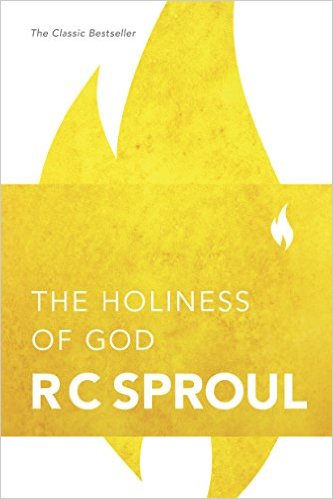Book in Review: "Crime and Punishment"

Crime and Punishment is a classic Russian novel written in 1866 about a young murderer by the name of Raskolnikov, and the unavoidable consequences of his crime. The book can be read two ways: the first is to enjoy the dynamics between characters, resonate with the theme of true love, feel the effects of evil, and be gripped by the power of the conscience (micro level). This is primarily how I read it. The second (which may be the way Dostoyevsky intended it to be read) is to read with the intent of understanding the consequences of ideas (macro level). Dostoyevsky is highly critical of the Nietzsche “ubermensch” or “superman” philosophy, in which man’s ultimate goal is to rise above the societal constructs of religion and morality—structures that are nothing more than crutches for the weak. In fact, the very reasoning for Raskolnikov’s murder in the first place was because he had embraced such a worldview. He had no utilitarian motivation for such a crime and only...






